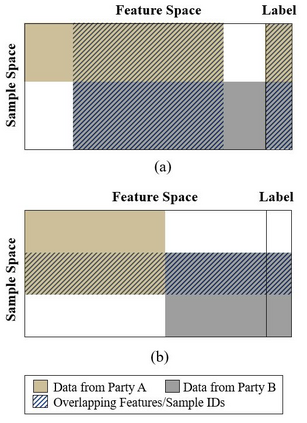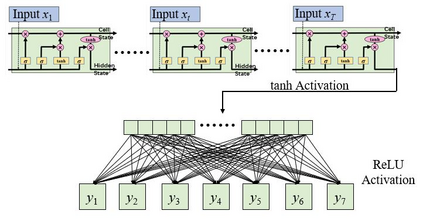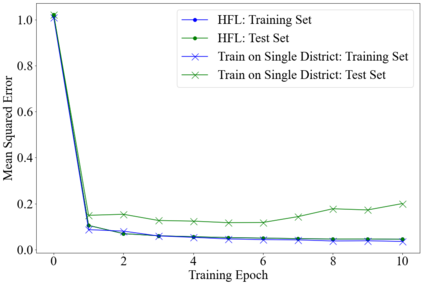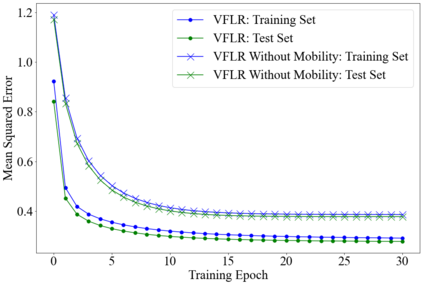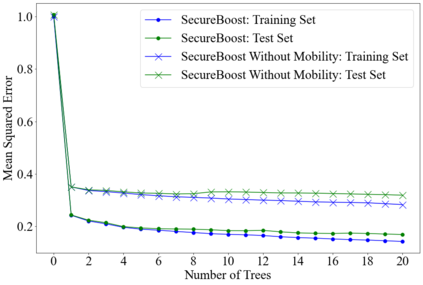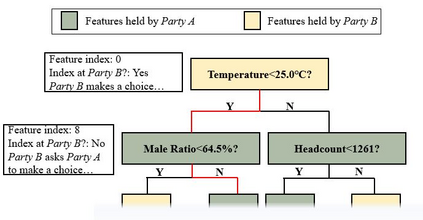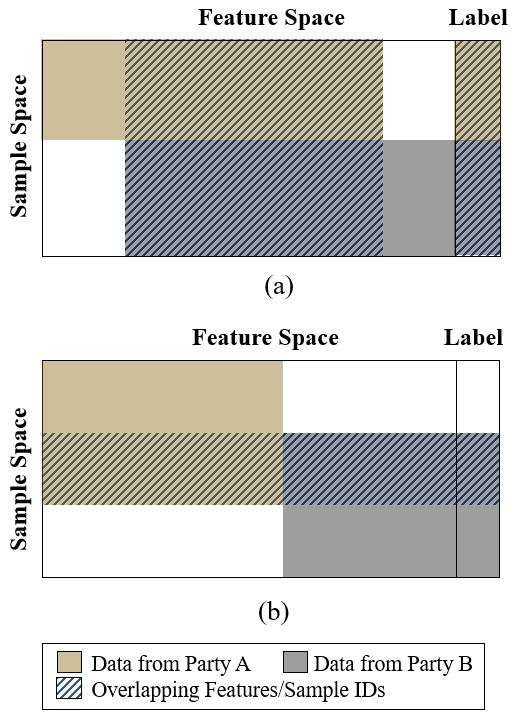With the deployment of smart sensors and advancements in communication technologies, big data analytics have become vastly popular in the smart grid domain, which inform stakeholders of the best power utilization strategy. However, these power-related data are typically scattered among different parties. Direct data sharing might compromise party benefits, individual privacy and even national security. Inspired by the federated learning scheme of Google AI, we hereby propose a federated learning framework in smart grid, which enables collaborative machine learning of power consumption patterns without leaking individual power traces. Horizontal federated learning is employed when data are scattered in the sample space; vertical federated learning, on the other hand, is designed for data scattered in the feature space. Case studies show that, with proper encryption schemes such as Paillier, the machine learning models constructed from the proposed framework are lossless, privacy-preserving and effective.
翻译:随着智能传感器的部署和通信技术的进步,大数据分析在智能网域领域已变得广为人知,使利益攸关方了解最佳电力利用战略。然而,这些与电力有关的数据通常分散在不同当事方之间。直接数据共享可能会损害政党利益、个人隐私甚至国家安全。受Google AI联合学习计划的启发,我们在此提议在智能网格中建立一个联合学习框架,使机能消费模式的合作学习能够在不泄漏个人电力痕迹的情况下进行。当数据分散在抽样空间时,采用横向联合学习;另一方面,纵向联合学习是为分散在地物空间的数据设计的。案例研究表明,通过像Paillier这样的适当的加密计划,从拟议框架中构建的机器学习模式是无损、隐私保护和有效的。

